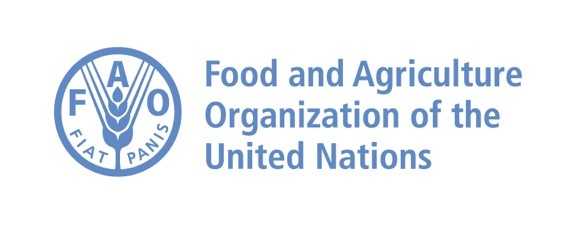Improve sustainable public food procurement practices in municipalities to catalyse sustainable urban food systems
Sustainable Public Food Procurement (SPFP) is recognized as an instrument to drive more inclusive and sustainable food systems and healty diets, and is therefore considered to contribute to SDG 12 ("sustainable consumption and production"). The project aims, through the promotion of knowledge exchanges, inter-city collaboration and documentation of experiences, to improve the capacity of municipalities´public officials in Africa and Latin America to implement sustainable public procurement programmes catalysing a shift towards sustainable urban food systems.
Project Lead:
Andreas Stamm
Tartanac, Florence
Project Team:
Evelien Fiselier
Swensson, Luana
Financing:
Food and Agriculture Organization of the United Nations (FAO)
Time frame:
2022 - 2022
/
completed
Project description
As stated by the United Nations Environment Programme (UNEP), public procurement accounts on average for 10 to 15% of GDP globally and can amount to as much as 30% in developing countries. Public Procurement can therefore be considered a huge lever across different government levels to impact consumption and production patterns. Particularly municipalities are becoming stakeholders with increasing importance, as they comprise a large part of total public procurement expenditure. The project ”Improve Sustainable Public Food Procurement Practices in Municipalities to Catalyse Sustainable Urban Food Systems” aims to pave the way towards a more informed and sustainable use of this lever.
This project is carried out in close collaboration with and financed by the Food and Agriculture Organization of the United Nations (FAO). The main objective consists in the improvement of local government’s sustainable public food procurement practices as an instrument to contribute to more sustainable food systems, making these more environment-friendly and inclusive to small-scale producers and retailers while increasing availability and accessibility of healthy and diversified food to consumers. Organised within the framework of the FAO's Urban Food Agenda and the FAO School Food and Nutrition Strategy, the project is expected to deliver the following outputs:
- International exchange on sustainable public food procurement is established among local and national governments in Africa and Latin America;
- Best practices on the role of local governments in establishing sustainable public food procurement are documented.
The project consists of three main components to support the overall aim.
- Facilitation of city-to-city exchanges
One of the key activities will be the facilitation of city-to-city exchanges between three European cities (and/or departments) and three cities (and/or departments) from Africa and Latin America to foster exchange on sustainable public food procurement practices, with a particular focus on school food procurement. The mutual learning aspect serves as a focal point of the exchanges, which implies that not mere success stories are shared, but also challenges and barriers faced when implementing sustainable public food procurement. The city exchanges will take place between English-speaking, French-speaking and Spanish-speaking cities in their own languages to best support the exchange. - Organisation of an online International Exchange Forum
Capitalizing on DIE’s experience on organising four international dialogue forums on sustainable public procurement, a similar three-day event will be organised this year focussing on sustainable food systems. Governments across all levels from local to national and cross-sectoral actors, including public procurement officers, NGO´s, experts from academia and pivate sector companies will have the opportunity to exchange their experiences and learn about the similarities, differences, opportunities, but most importantly the challenges with regards to sustainable food procurement drawing on cases from across the world. - The publication of a collection of case studies
In the final stages of the project, the experiences shared within the city-to-city exchanges and the international forum will be collected in a case study publication. It will consist of different cases of municipalities that implement sustainable public food procurement in the framework of urban food governance mechanisms, highlighting best practices, key challenges and the role of local governments.
